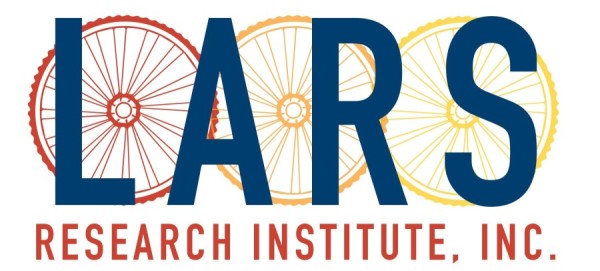Strategic Planning
LARS offers a full line of strategic planning consultation services to customers. This service is based on over 30 years of experience conducting research and implementation studies in the field of school- and community-based research. We began by conducting some of the largest to date school- and community-based studies in the field of drug prevention and health promotion. In one case, we tracked over 6,000 urban youth annually for over 10 years. In another study, we longitudinally tracked middle school students from age 13 to 26, assessing them using several different modalities (survey, phone interview and ACASI). We have now expanded this work to include family-based studies involving dyadic studies (parent and child) and also the Outcome Evaluation of the National Youth Anti-Drug Media Campaign, where we worked closely with Westat, Inc. to develop a sampling frame and assessment strategy following almost 4,000 families tracked over four years. Our expertise includes spider-linked batch trace methods, implementing unique follow-up methods, and multi-method survey designs including CAPI, ACASI, RDD, telephone, paper-and-pencil, mailed, and Interactive Voice Recording (IVR). We expanded our work to include the design of community-based participatory research studies, developing randomized clinical trials working with physicians using the chronic care model (practice reorganization) and developing self-management training for patients living with genetic blood disorders. This work includes trial design, developing human subjects’ protocols, curriculum development, execution and logistics planning, cost accounting, and execution in the field (training providers and conducting process evaluations to assess intervention fidelity and adherence).
It is not easy to mount RCTs in schools and likewise the same pitfalls exist in community-based studies. There are recruitment concerns, sampling issues, and problems that arise with retention (or conversely with attrition bias), all of which must be considered prior to implementation. There are also measurement concerns as unreliable instruments can affect estimation of treatment effects (lack of model precision). Many of the different steps required to mount large trials of this nature take years of experience to develop and understand the implications and this is part of the service we bring to clients, basing our expertise on the combination of accumulated wisdom and practical experience. We also assist clients by helping them address some of the methodological and statistical issues that crop up with longitudinal studies, some which are design related (when to stage assessments and what methods to use for data collection) and some that address statistical concerns (how to treat missing data and what is the best way to analyze data). Again, we offer a full line of consultation services, helping clients address these “concerns” before they become logistical nightmares and compromise the research findings.
There is also an extremely exciting addition to our portfolio of services that includes technology-based studies. This focus involves helping clients develop Small Innovative Research Grants (SBIR) funded through the National Institutes of Health. SBIR grants, which can be funded up to 1,150,000 involve testing a commercial product that fits with the overall mandate of the NIH to improve the quality of people’s lives, including their mental or physical health. We have been working closely with several partners to develop these applications from the ground up, including lending our expertise in study design, research methodology, curriculum development, and program evaluation. While many of these studies involve the same technical criteria as RCTs, they differ because of the “technology” being tested. In the case of SBIR grants, we work closely with clients that wish to test the efficacy of a web-based or smartphone application as part of a behavioral change intervention. Examples of several projects include developing applications for mental health, hearing disorders, lupus awareness, dental hygiene, HIV risk reduction, e-cigarette prevention, alcohol and drug education, training professionals working with childhood autism spectrum disorders, and pediatric rheumatic diseases. In all of these cases, we apply our research skills to augment existing “technological” services provided by other collaborators; framing the grants with solid research designs and implementing rigorous evaluation plans. This type of handshaking of skills has resulted in several millions of dollars of NIH funded grants to develop products with commercial market potential. In several instances, we follow-up the commercial venture with introductions to the venture capital community for additional investment advice.
